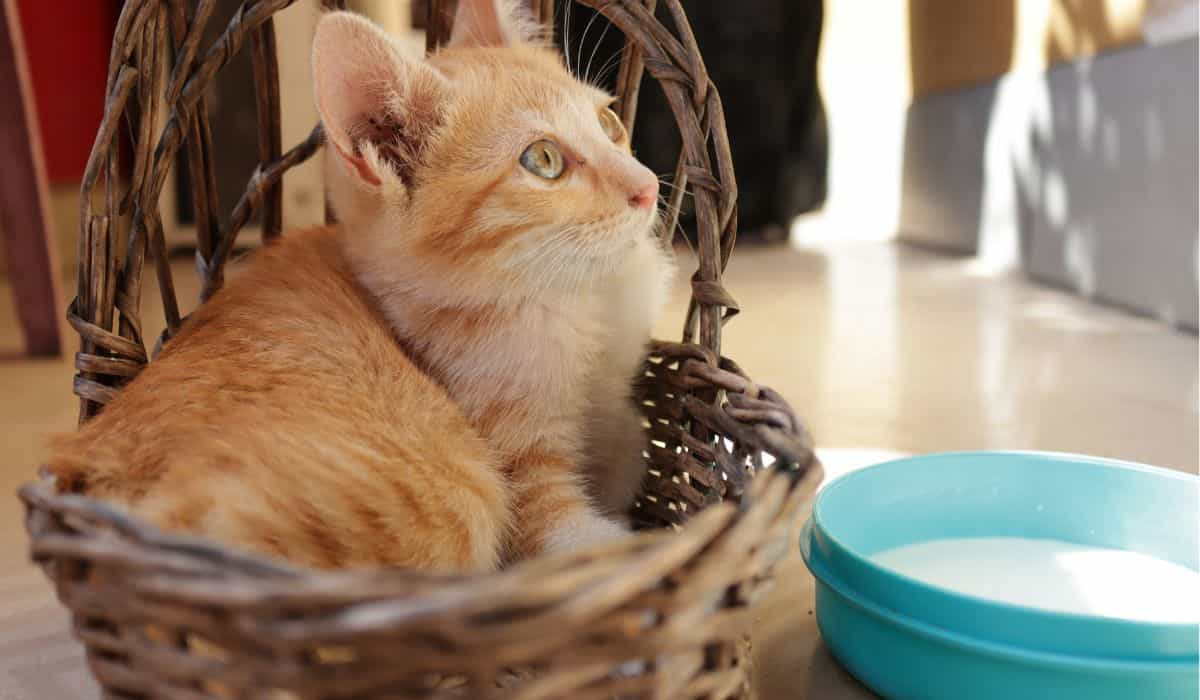
An H5N1 bird flu outbreak on a Texas dairy farm in the United States in March revealed concerning signs of virus transmission among mammals, highlighting the risks of consuming ‘raw’ milk, meaning milk that has not been pasteurized.
+Hilarious video gathers dogs eating in the most bizarre ways
+Video: monkeys trigger violent wave of robberies in Indonesia
The cows on the farm began exhibiting unusual symptoms, including a significant drop in milk production, with the milk becoming thicker and taking on a yellowish color.
The following day, cats that drank raw milk from the cows fell ill, developing severe neurological symptoms such as rigid movements, lack of coordination, blindness, and other issues. Unfortunately, while the cows recovered, more than half of the cats died.
A study published in the journal Emerging Infectious Diseases identified that the cats had H5N1 infections not only in their lungs but also in their brains, hearts, and eyes. The researchers concluded that the most likely source of infection for the cats was the contaminated milk from the sick cows, given that the milk was full of viral particles and the genetic data indicated an almost exact match between the virus in the cats, the milk, and the cows.
This case highlights the growing ability of H5N1 to adapt and spread among mammals, representing a significant risk to animal health and potentially to human health.
The outbreak in Texas also drew attention to the danger of consuming raw milk, a habit that, although already associated with the risks of bacterial infections, now appears to also carry the risk of H5N1 contamination. The Food and Drug Administration (FDA) detected genetic traces of H5N1 in about 20% of commercial milk samples, but pasteurization should eliminate the virus, keeping the milk safe for consumption.
Source: Ars Technica

